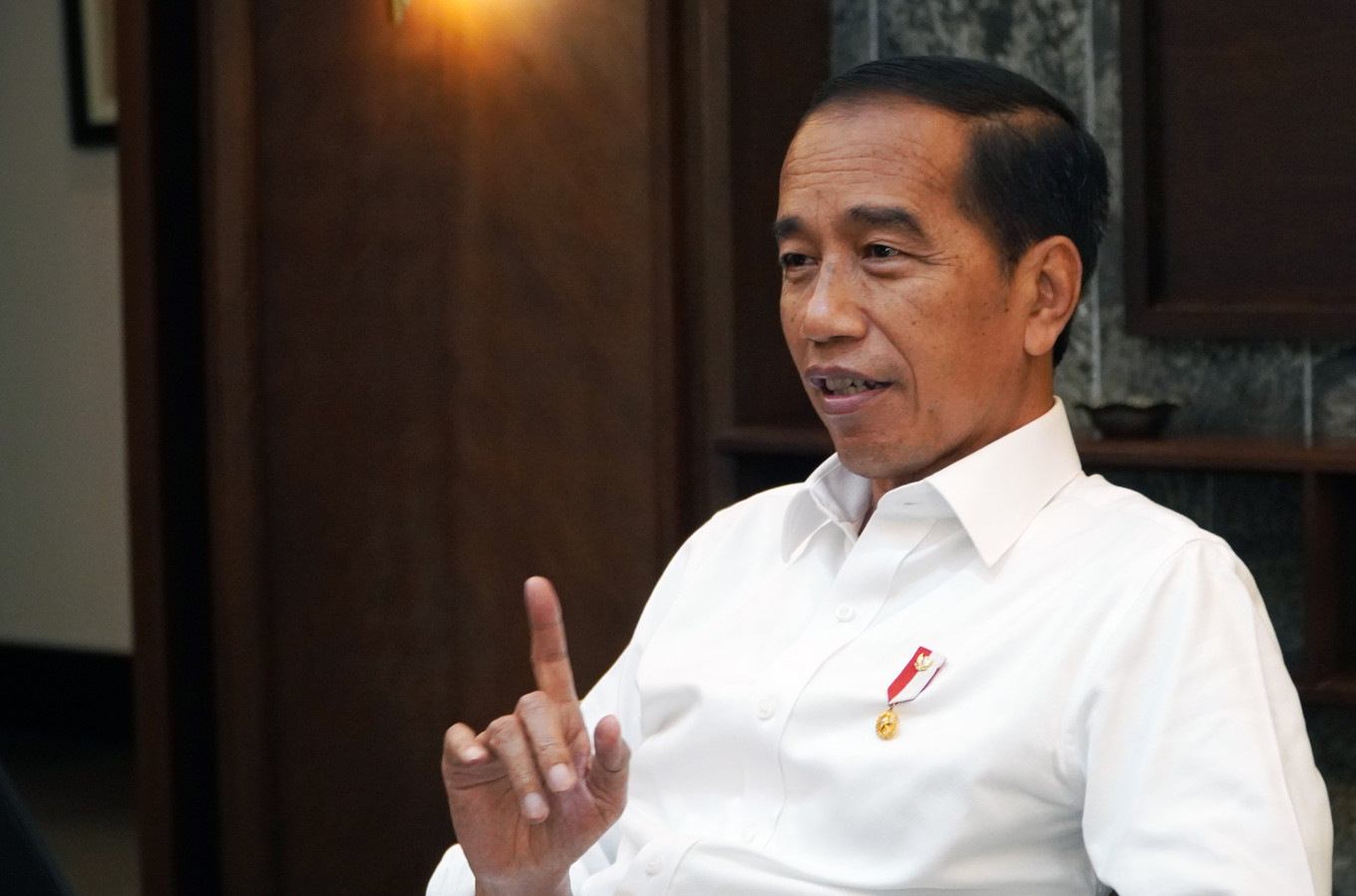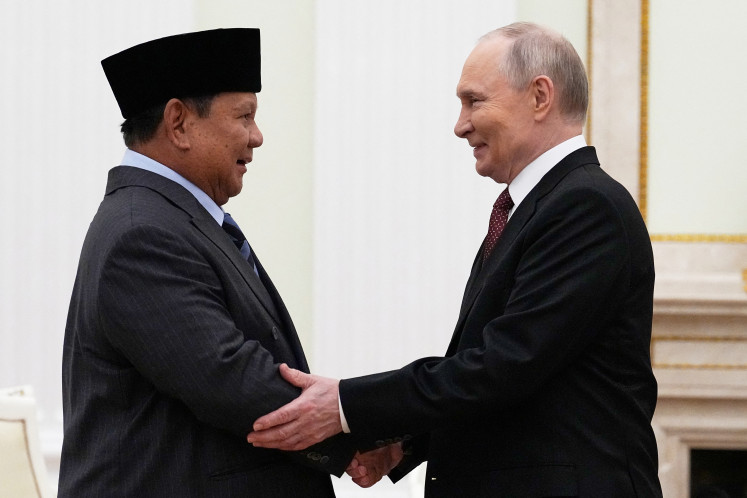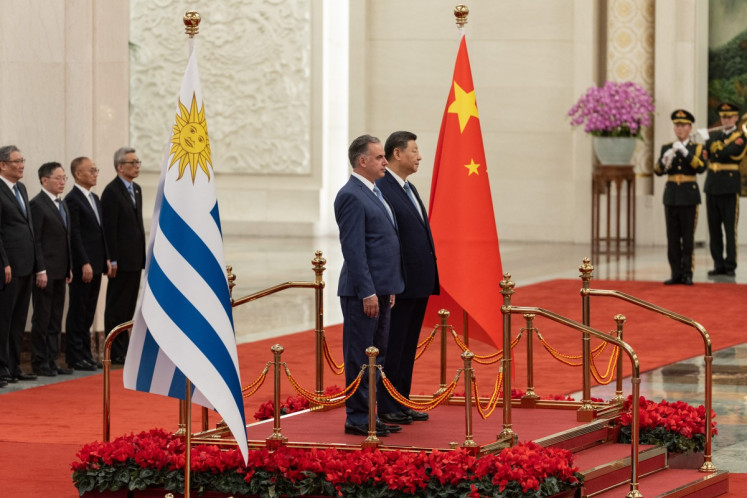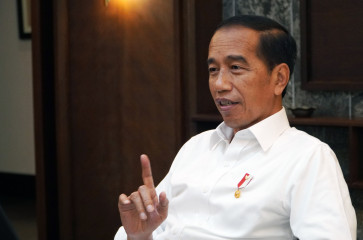Popular Reads
Top Results
Can't find what you're looking for?
View all search resultsPopular Reads
Top Results
Can't find what you're looking for?
View all search resultsIndonesia’s oligarchic politics is a dead-end for its reformists
The configuration of Indonesia’s oligarchic elite is changing toward a democratic regression, with many reformists throwing in their lot as part of the establishment they once fought to change.
Change text size
Gift Premium Articles
to Anyone
I
n a polity ruled by an oligarchy, most reformists trying to make a difference “either die a hero, or live long enough to see themselves become the villain”.
This hackneyed quote from Christopher Nolan’s The Dark Knight rings true for anyone watching the changing configuration of the political elite ahead of the 2024 presidential election and the end of President Joko “Jokowi” Widodo’s second and final term.
Some technocrats might have been able to keep their “reformist” aura intact. The venerable Finance Minister Sri Mulyani Indrawati is a clear example of this, even though a series of scandals exposing the obscene lifestyle of several tax officials has slightly tarnished her immaculate image as a beacon of integrity in Indonesia’s graft-ridden bureaucracy.
Other reformists, however, are struggling to keep the remaining shreds, if any, of their credibility intact as they try to navigate the constraints of the nation’s oligarchic politics, which is characterized by the ascendancy of a small group of politico-business elites who have long relied on controlling public institutions to amass political power and wealth.
Consider Budiman Sudjatmiko, a former leader of the People’s Democratic Party (PRD) and former member of the Indonesian Democratic Party of Struggle (PDI-P). That Budiman no longer represents reformism within the political establishment is perhaps a foregone conclusion, but his decision to endorse the third presidential bid of Prabowo Subianto, the former military general accused of ordering the kidnapping of political activists for challenging the Soeharto regime, caught many by surprise.
Budiman is by no means the first or the only former 1998 activist to support Prabowo, but he had made clear from the very beginning that he was opposed to Prabowo’s presidential bid on the grounds of the Gerindra Party leader’s checkered human rights record.
His drastic U-turn can only be interpreted in two ways: At worst, Budiman is just another political sellout who will do anything for money and power; at best, his good intentions to bring about reform can only be realized by sacrificing what many, particularly his former PRD colleagues, believe is a matter of basic principle. Either way, it shows the limits of any attempts by reformists to make a difference “from the inside”.



















